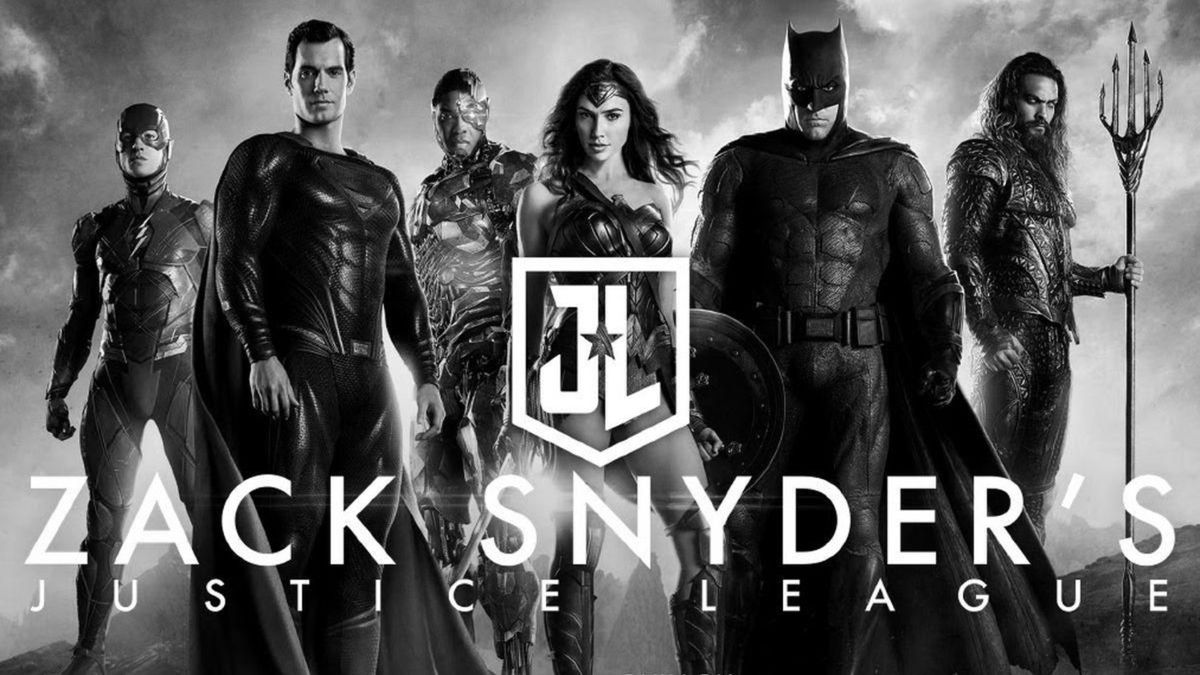
We’re currently in an unpleasant phase in corporate/fan relationships. The attitude of the media, some consumers and a number of people in the entertainment industry is essentially that fans should not be pandered to. Which is to say, “shut up and eat the foul sludge we’re peddling without questioning it, plebeian.”
Dare to question your corporate overlords, and you’re labelled a troll or “toxic fan,” which is a convenient way of not actually engaging with the fans who care about things like character consistency and good writing.
That’s why it’s so heartening to see Zack Snyder’s four-hour cut of Justice League has finally been released after four years of kicking and screaming from online fans. Now, I have not yet seen the Snyder Cut, though I hope to enjoy it more than the Frankenstein Monster that was the “Josstice League” cut. I don’t like Joss Whedon, in case I haven’t mentioned it. I’ve seen some side-by-side comparisons of various scenes, and the Snyder Cut… honestly feels like the superior cut. It’s more epic, less stupid, and more tonally cohesive.
I know that a lot of critics have trashed it as being a horrible movie, but also found that a number of those critics don’t like superhero movies anyway. And honestly, I’m kind of inclined to view them as biased anyway, because… as much as I hate this phrase… this movie was not made for them. It was not made to court critical acclaim. It was not made for people who actively did not want fans to get the Snyder Cut because it would be “rewarding” them, who viewed the fans as “toxic” for demanding something from their betters. It was made for the audience to enjoy.
That’s why, even if the Snyder Cut is bad, I’m glad it was finished and released, and I hope it’s wildly successful. The entertainment business needs to be reminded – forcibly, with money – that the fans and the wider audience do not owe corporations their money or their loyalty. It is not “pandering” or “rewarding” people to give them entertainment that they have expressed a desire for, or want to actually see done well.
There’s another recent example – the movie Sonic the Hedgehog. It’s a completely inoffensive and mildly funny movie, a good movie to watch with children. But the impression left by its first trailer was… catastrophic. The CGI model immediately put people’s teeth on edge.
So what did the studio do? They reeled the movie back in, fixed the CGI, and everyone cheered. The only sourpuss was Jim Carrey, who complained about – what else? – entitled fans being given what they wanted, instead of what the studio shoveled out of a cesspit.
But what was the result? Not only was Sonic a success financially, it was a hit with audiences. Not just because it’s a thoroughly okay children’s movie, but because they didn’t just tell the fans they were toxic and flounce away. They actually fixed what people didn’t like.
So we can hope that studios are starting to pay attention – it does not pay to diss the fans and denounce all criticism. When you work with the fans rather than against them, they are more inclined to give you their money and praise.